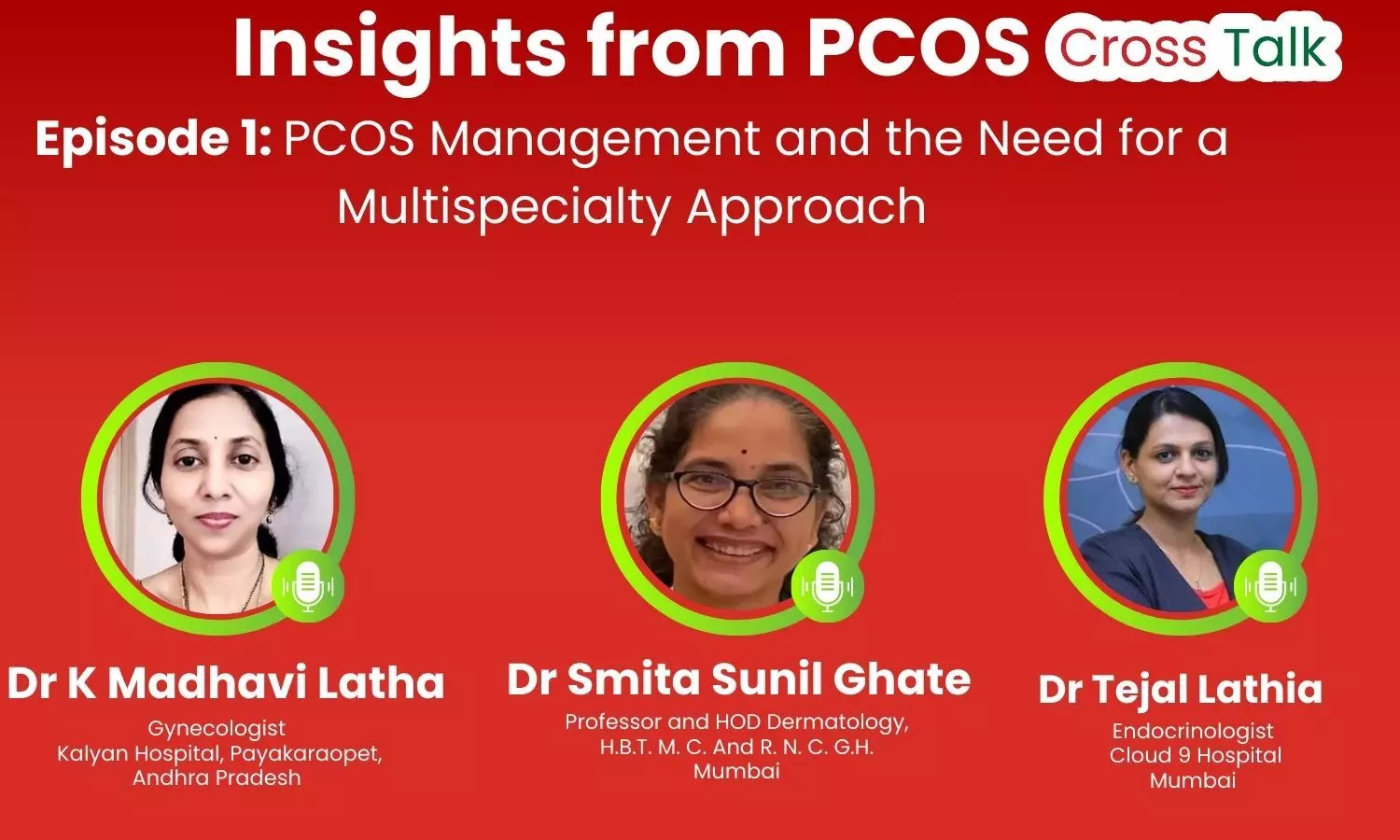Healthy Mediterranean Diet with low persistent organic pollutants reduces Diabetes risk in Pregnant women: Study

A recent study published in the journal Diabetes Care published
that pregnant women who consumed a healthy Mediterranean diet had the least
risk of gestational diabetes due to reduced exposure to persistent organic
pollutants (POPs).
Gestational diabetes mellitus (GDM) is an increasing health
concern globally and a high risk of developing type 2 diabetes and
cardiovascular diseases in later life. Children born to women with GDM are also
at high risk of developing further complications like abnormal blood
cholesterol and blood pressure. Guidelines suggest that an alternate
Mediterranean diet (aMED) with fruits, vegetables, whole grains, nuts, and
legumes, with moderate amounts of fish and poultry in olive oil, was
linked to a reduced risk of GDM. However, persistent organic pollutants are
present in increased amounts in these foods, which can increase the risk of
GDM. Hence, researchers conducted a study to examine the association between combined
aMED and POP exposure with GDM.
Data on aMED score were collected from 1,572 pregnant women
using food frequency questionnaires during early pregnancy within the U.S.
Fetal Growth Study. The plasma concentrations of 76 POPs, including
organochlorine pesticides, polybrominated diphenyl ethers, polychlorinated
biphenyls (PCBs), and per- and poly-fluoroalkyl substances, were measured. Multivariable
logistic regression models were used to calculate the associations of combined
aMED scores and exposure to POPs with GDM risk.
Findings:
- Among 1,572 (3.88%) women with GDM, 61 had a
detection rate of 25 POPs out of a total of 53 included POPs. - Increased POP levels weakened the potential
beneficial associations of a high aMED score with GDM risk. - The lowest GDM risk was observed among women
with both high aMED scores and low POP concentrations. - Specifically, the adjusted log-odds ratios of
GDM risk were -0.74 when comparing women with low PCB and high aMED scores with
those with low aMED scores and high PCB concentrations. - There were Inverse associations among women with
low aMED scores and high TransNo_chlor, PCB182_187, PCB196_203, PCB199, and
PCB206. - Women who were overweight or obese had more pronounced
associations than others.
Thus, the study concluded that pregnant women with a healthy
Mediterranean diet and low exposure to POPs had the least risk of GDM.
Researchers also suggested future studies to prevent GDM through dietary
interventions to account for POP exposure.
Further reading: Guoqi Yu. The Interplay of Persistent
Organic Pollutants and Mediterranean Diet in Association With the Risk of
Gestational Diabetes Mellitus. Doi: https://doi.org/10.2337/dc24-1452.



